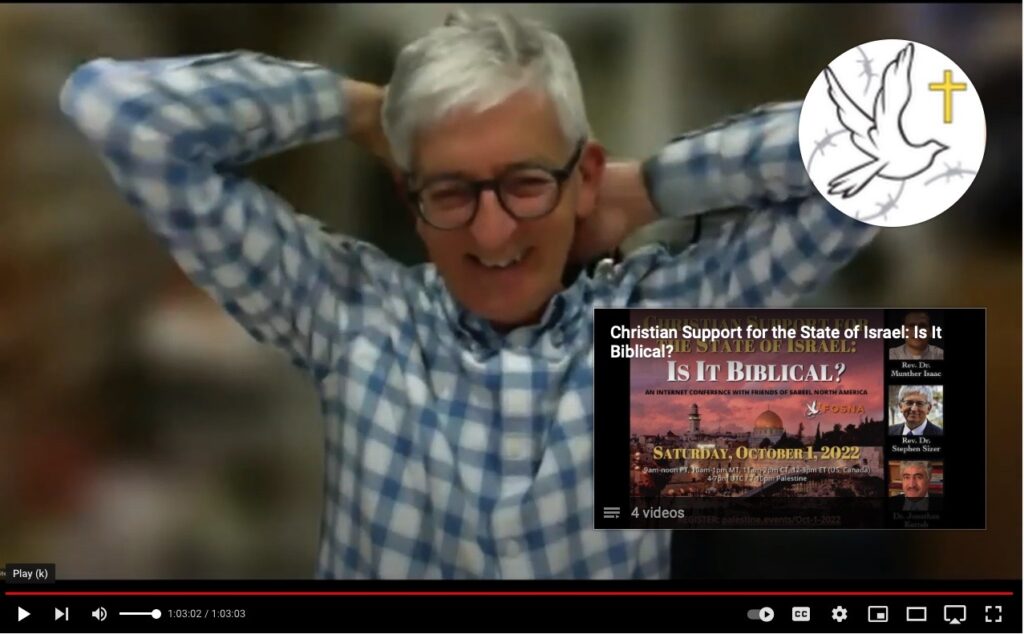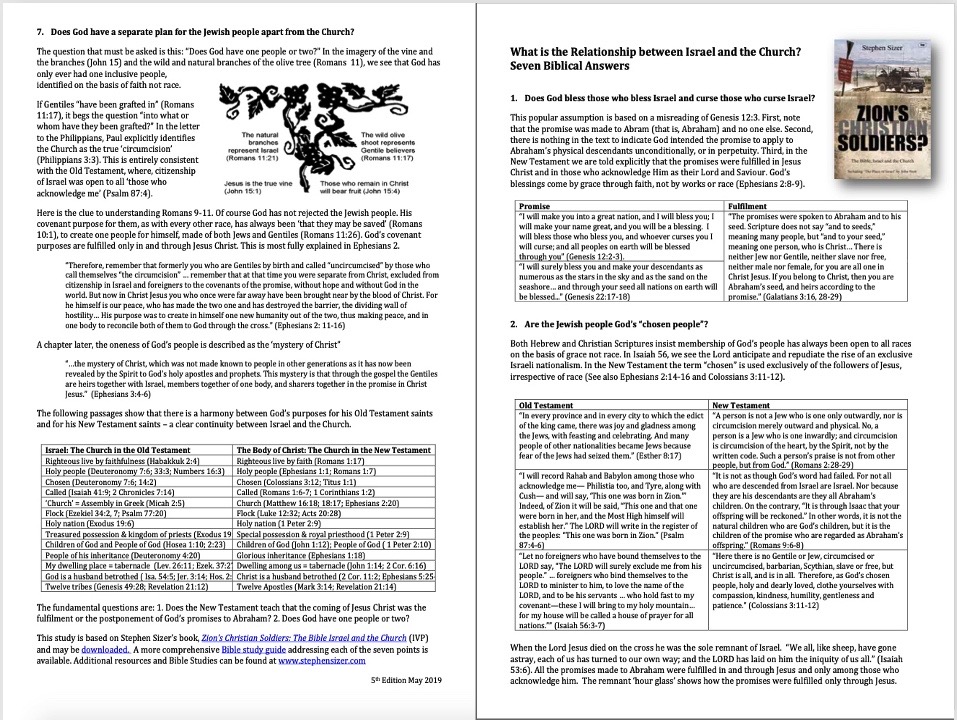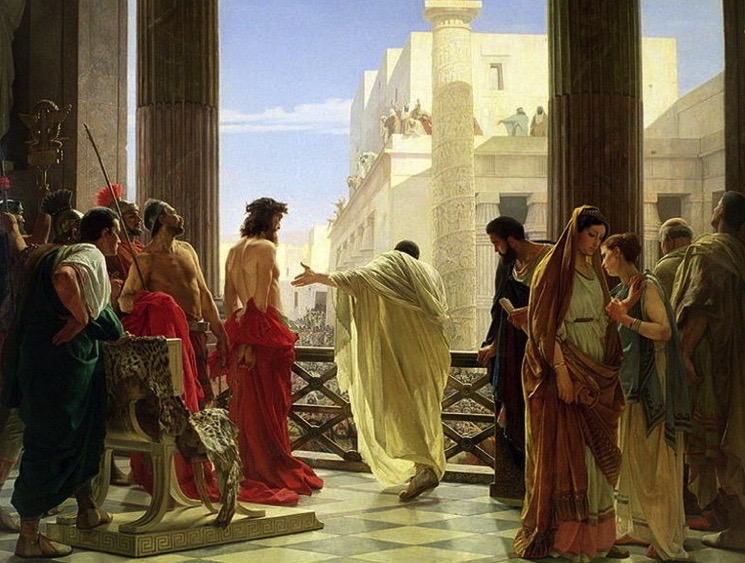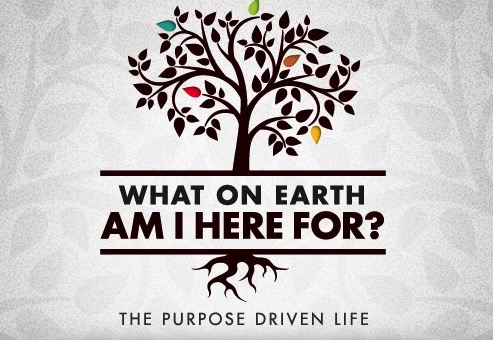“Consider it pure joy, my brothers and sisters, whenever you face trials of many kinds.” (James 1:2)

“The central message arising from the tribunal is that the well-documented accusations of repeated antisemitic behaviour made over more than a decade have been dismissed! Only one allegation of antisemitism has been found to have substance – but that was dealt with quickly and effectively [in 2015] at the time by the Bishop of Guildford (as Jonathan Arkush accepts), Stephen apologising for his actions, recognising the deep hurt his actions had caused and stating publicly that his sharing of the material was ill-considered and misguided and that he “never believed Israel, or any other country was complicity in the terrorist atrocity of 9/11.”
“It is significant that not one word or statement from Dr Sizer has been shown to be antisemitic. There are none.” Stephen Hofmeyr KC
If you wish to read my witness statement, the expert witness report, the statements of witnesses, please follow the hyperlinks below:
Continue reading







